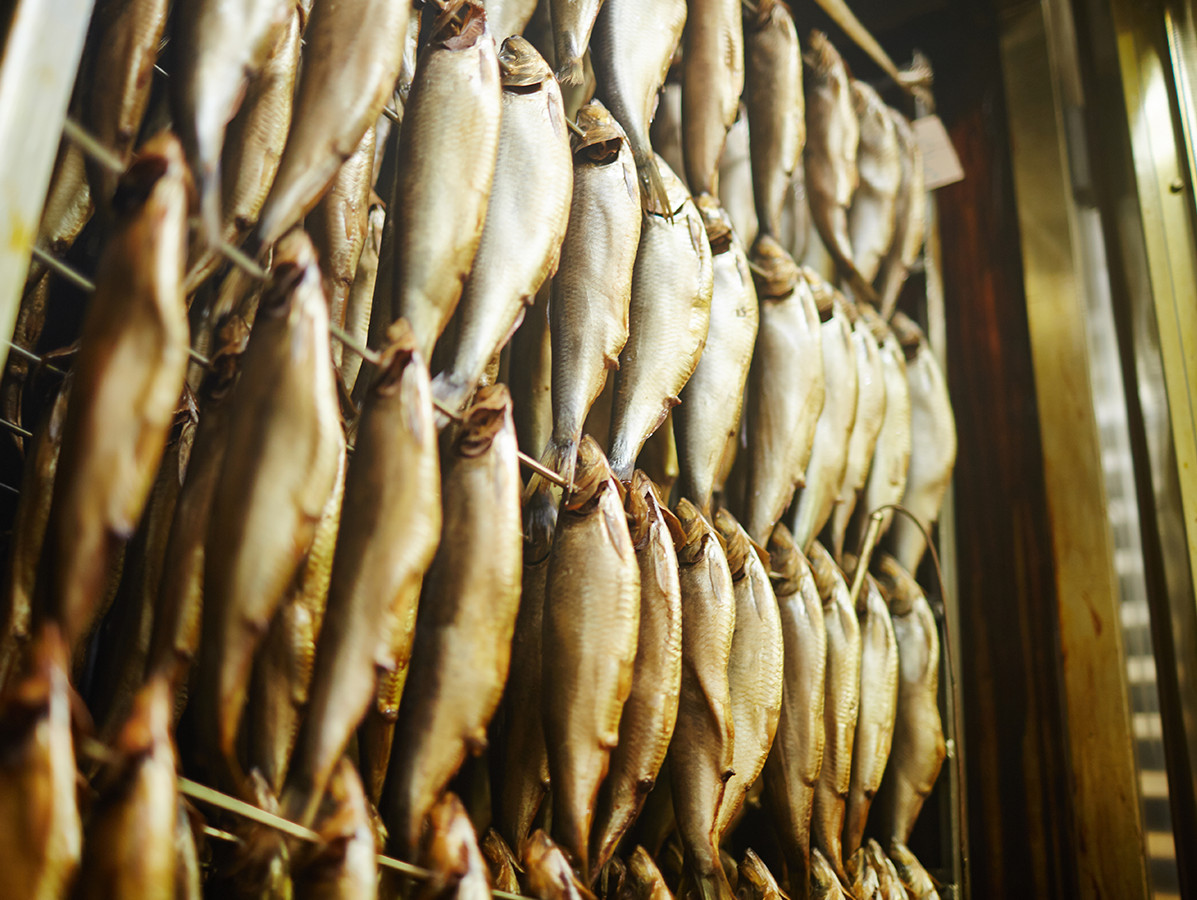
The large umbrella organisation of fish processing companies in the European Union - AIPCE-CEP - held its general assembly in Brussels last week. The Dutch sector is represented in this umbrella organisation by the Dutch Fish Federation (Visfederatie). AIPCE-CEP represents an industry with more than 4,000 companies from 15 countries with a production value of around €32 billion. There are concerns within the sector about the new European legislative proposal concerning the Control Regulation.
The discussions between Member States, the European Parliament and the European Commission about the new legislative proposal for the Control Regulation are still ongoing. For AIPCE-CEP, the traceability rules in this regulation are important. Every company that trades in or processes fish must have an effective traceability system. At any point in the chain, very detailed information must be available about all the actions in the chain that the fish has undergone. Companies fear that the rules will be too far removed from practice.
In industrial fishery, one works with batches of fish from a boat or catch. Processors then sort and process the fish. In this process, the original batches from one boat often merge with those from other boats to create a new batch. The group of vessels from which the fish originate is known precisely. The size of the batches depends on the risk assessment.
If batches consist of fish from many vessels, a processor will have to recall all the fish in case of a recall. AIPCE-CEP states that there are practical objections to the European Commission's proposals. The organisation believes that the responsibility for traceability and information should lie with the companies, but that those companies should then also determine themselves how they provide the guarantees that are required.
AIPCE-CEP also sees practical objections to sustainability criteria in marketing standards. Marketing standards are the minimum sales size and the freshness classes E, A and B. These are quality criteria for companies in the chain and not for consumers. For consumers, there are extensive labelling rules. AIPCE-CEP believes that sustainability should be a separate track in the Control Regulation. Any rules on this should be related to consumer information.
Source: Visserijnieuws